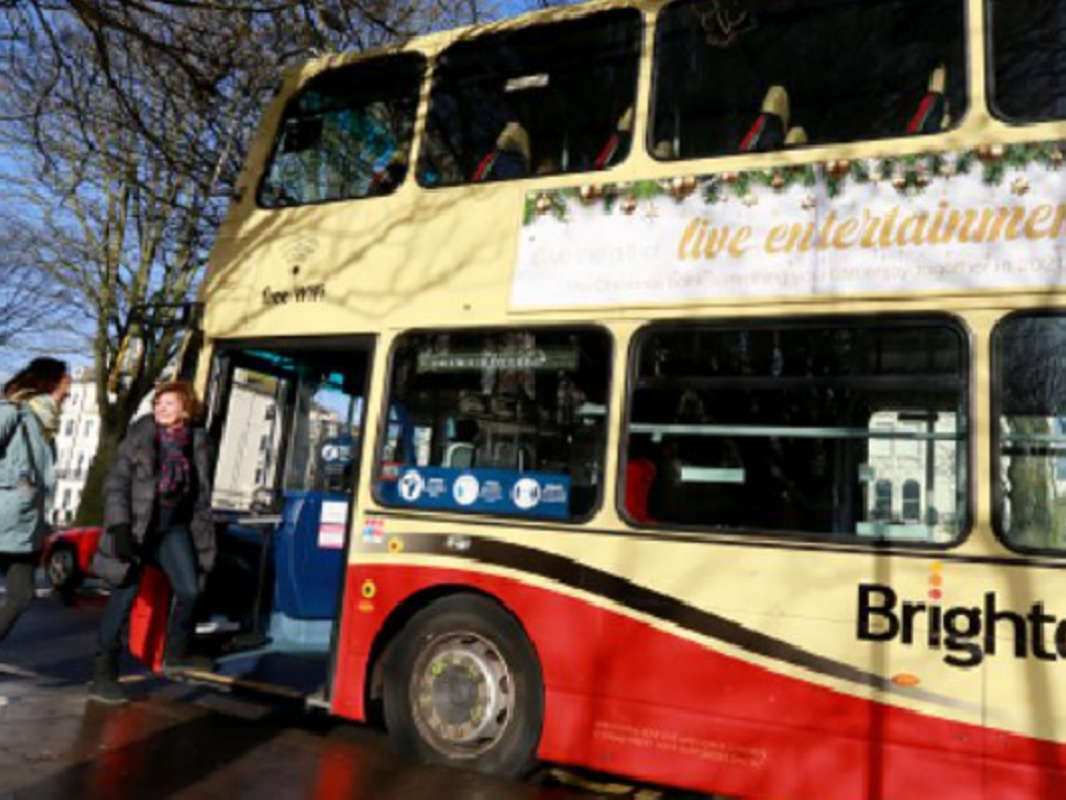
Bus fares are set to get cheaper in East Sussex this summer, after funding was approved by a senior county councillor.
On Monday (July 18), Cllr Claire Dowling, East Sussex County Council’s lead member for transport and environment, approved plans to use a £515,000 underspend in the authority’s mobility hubs programme to pay for reduced bus fares across the county.
The proposals come as part of the council’s wider Bus Service Improvement Plan (BSIP) — a programme intended to increase passenger numbers back to pre-pandemic levels and beyond.
While the council is expected to receive government funding for the wider programme this autumn, this early funding is hoped to give passenger numbers a kickstart by introducing the fare reductions during a busier period.
Cllr Dowling said:
“We’ve got to get passenger usage back to pre-Covid levels and we know we are not there yet. But then we’ve got to go beyond that. We’ve got to encourage more usage of our buses and what we are proposing is going to do that. When we get to 2025, bus operators will be in a much stronger financial position to keep operating, to keep going.
“We’ve got the summer months coming up. We’ve got students coming back from university, we’ve got the kids coming from school [so] we’re going to use underspend to bring forward those fare reductions now.
“We can get the publicity out there and encourage people back on to our buses as soon as possible. Let’s get this started now, it shows the operators that we are 100 per cent behind them.”
As announced earlier this year, the council is set to receive up to £41.4m from the government to carry out the wider proposals within its BSIP.
Just under half of this funding (£20m) is expected to pay for 12 physical highways projects in Eastbourne, Polegate, Hailsham, Newhaven, Seaford and Peacehaven. On top of this, a number of traffic lights around the county would be upgraded to give buses priority movement.
A further £2m would go to other physical schemes such as real time information signs, bus stop improvements and the creation of mobility hubs at a number of key locations.
The remaining funding is expected to go towards revenue costs associated with other improvements set out within the plan. This would likely include the introduction of Digital Demand Responsive Transport (DDRT) schemes, where routes could change in response to booking by passengers.
It would also pay for the full fare reduction schemes, which is expected to receive around £6m between 2023 and 2025
While one of the highest awards within the entire country, the potential £41.4m is still less than half of what the council had asked for when drawing up its proposals. This saw some councillors present at the meeting question what elements of the BSIP would fall away.
They included the Green Party’s Georgia Taylor, who said:
“This is wonderful, particularly about the fare support reduction. But I do remember in the original proposal — and I do realise the budget has increased considerably — that there was to be an increase in services in the more rural areas.
“I just wondered where this would go, whether it was still in the plans that might be funded at some point in the future?
“I keep saying to people ‘there’s this great new bus strategy happening’, but in this area — except for the reductions in price — I don’t think anyone is going to see any benefit.”
Cllr Dowling replied:
“One of the issues I knew we were going to get when we came out with our ambitious plan was, with the best will in the world, we knew we weren’t going to get funding for it all and the expectations that were raised throughout the whole of the county.
“We knew, no matter how many times we said this is our ambition … that we can only do what we can do with the money that we are granted.”
She added:
“I’m sure that there are councillors who wish we could do something in their division that maybe was in the original.
“We have to follow the rules but, saying that, we have been very creative over what we are doing and I am immensely proud of what we have got in front of us.”


 Appeal Launched Following Chichester Assault
Appeal Launched Following Chichester Assault
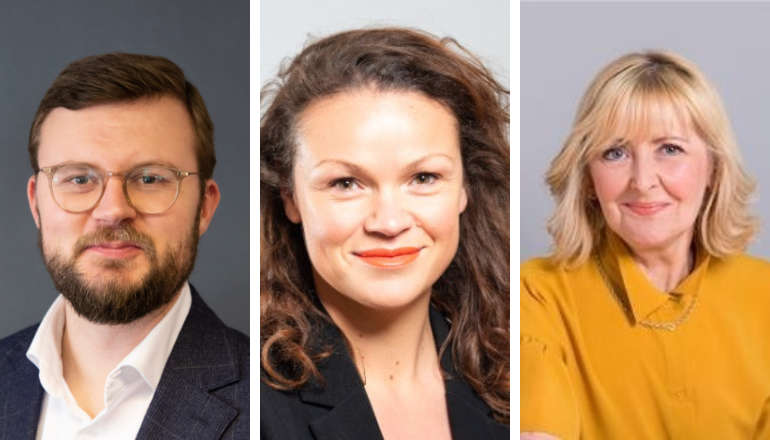 Extra Money Approved For More Than 200 New Council Homes On Brighton Estate
Extra Money Approved For More Than 200 New Council Homes On Brighton Estate
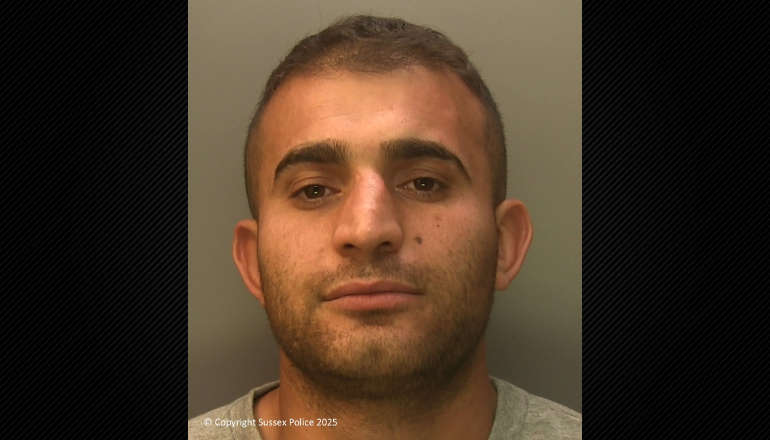 London Man Jailed For Raping Woman On Brighton Seafront
London Man Jailed For Raping Woman On Brighton Seafront
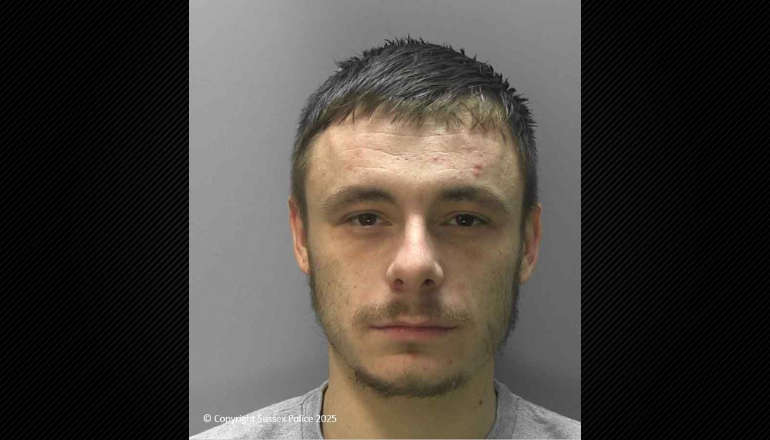 Man Found Guilty Of Murder After Fatal Hailsham Collision
Man Found Guilty Of Murder After Fatal Hailsham Collision
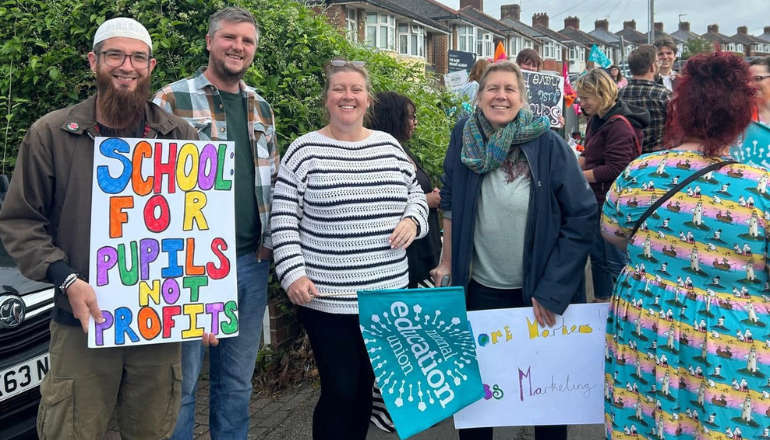 Hastings Green Party Releases University of Brighton Academy Trust Statement
Hastings Green Party Releases University of Brighton Academy Trust Statement
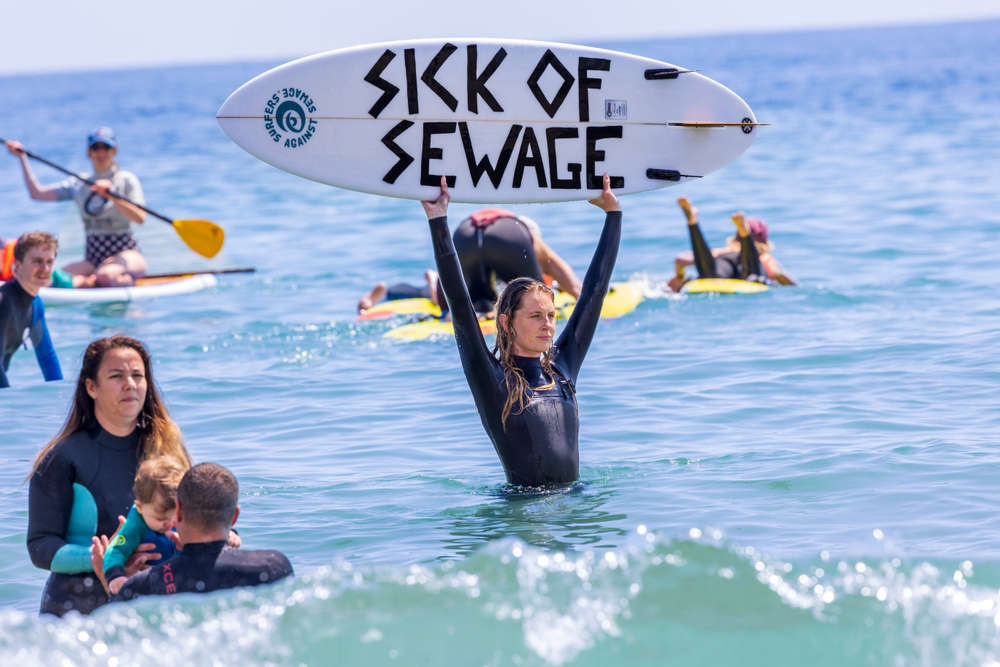 East Sussex Councillors Support Plastic Free Campaign
East Sussex Councillors Support Plastic Free Campaign
 Twineham Battery Energy Storage Plans Approved
Twineham Battery Energy Storage Plans Approved
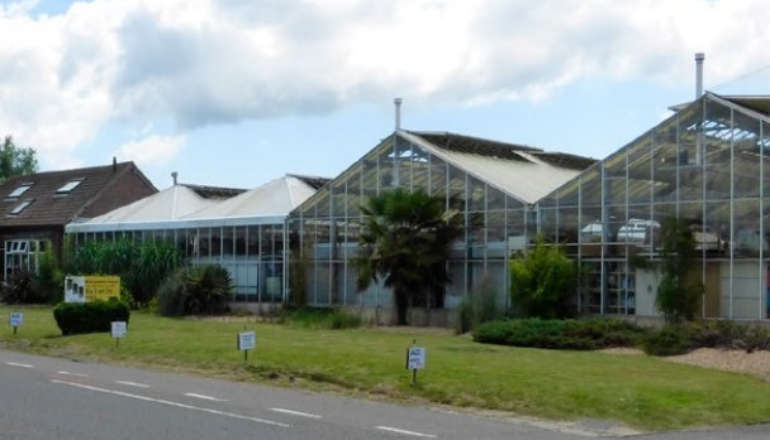 Chichester Garden Centre Demolition Plans Submitted
Chichester Garden Centre Demolition Plans Submitted
 Brighton and Hove Health Chiefs Outline Two-Week Plan For Appointments
Brighton and Hove Health Chiefs Outline Two-Week Plan For Appointments
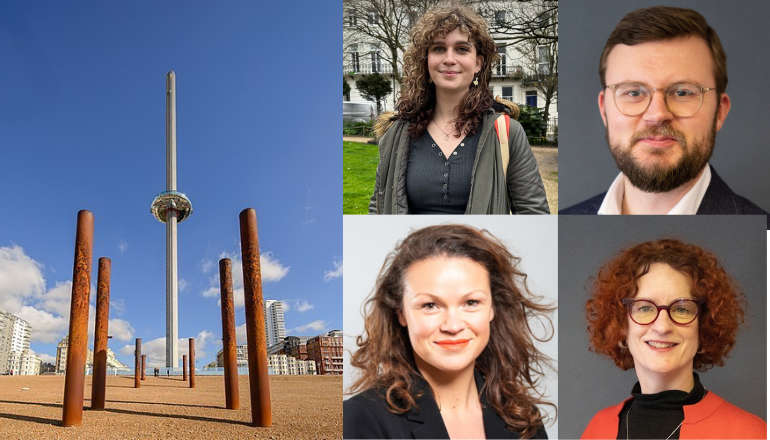 Brighton Taxpayers Will Take On i360 Loan Burden
Brighton Taxpayers Will Take On i360 Loan Burden